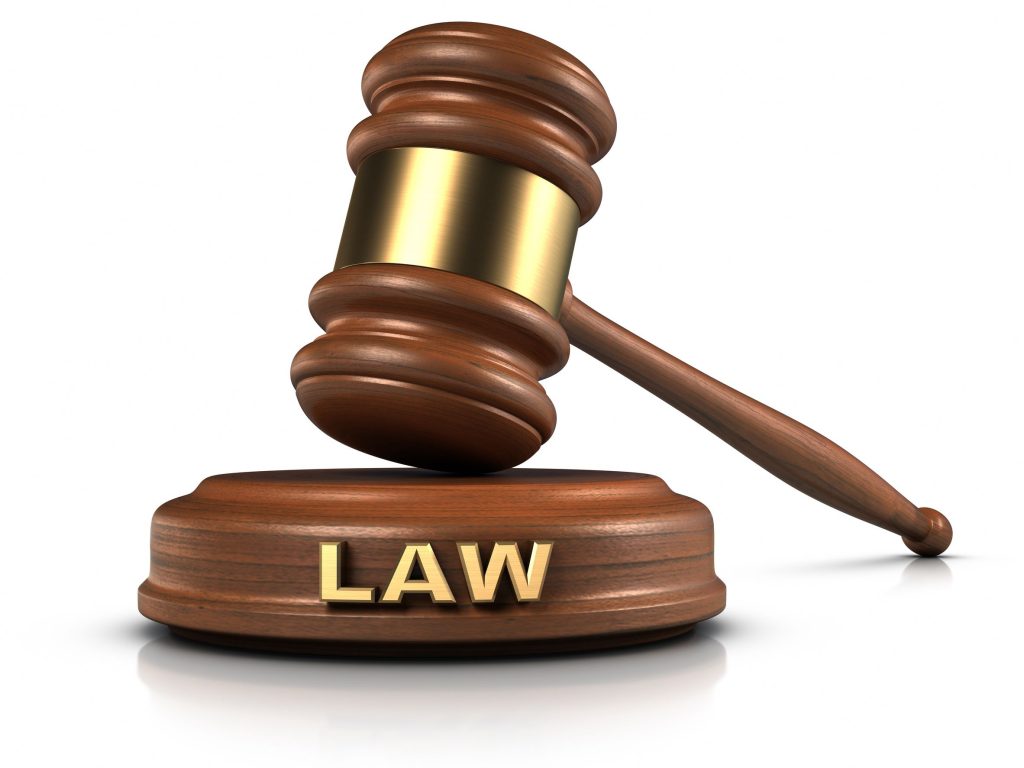
Exploring the Role of Law in Protecting Consumer Rights and Preventing Fraud
Consumer protection laws are essential in safeguarding individuals from unethical practices, fraud, and exploitation. They serve as a safety net to ensure consumers can make purchases and engage in contracts with confidence, knowing their interests are legally protected. These laws cover a wide range of issues, from product safety to ensuring that businesses operate transparently and ethically. By enforcing strict regulations and offering remedies for those affected by fraud or unfair practices, the law plays a crucial role in creating a secure marketplace for consumers.
Legal Framework for Consumer Rights
The primary function of consumer protection laws is to establish a legal framework that guarantees consumers’ rights in various transactions. Laws like the Consumer Protection Act provide guidelines on how businesses should conduct themselves in the market and ensure that consumers are treated fairly. These laws protect consumers from misleading advertising, defective products, unfair contract terms, and deceptive business practices. They also allow consumers to seek redress in case of disputes with sellers, helping to maintain fairness in commerce.
Prevention of Consumer Fraud

Fraud prevention is one of the most important aspects of consumer rights protection. Legal provisions help to prevent fraudulent activities such as identity theft, scams, and deceptive sales tactics. Businesses are required to maintain transparency in their transactions, ensuring that consumers are fully informed before making a purchase. Laws impose heavy penalties on fraudulent activities, thus acting as a deterrent to businesses that might otherwise engage in deceptive behavior. Consumer fraud laws work together with other legal mechanisms, such as data protection regulations, to safeguard individuals from financial harm.
Enforcing Accountability Through Consumer Protection Agencies
Consumer protection agencies, like the Federal Trade Commission (FTC) in the United States, play an integral role in enforcing the law. These agencies investigate complaints, monitor business practices, and provide resources for consumers to resolve disputes. They also educate consumers about their rights and encourage businesses to operate in a way that promotes transparency and fairness. By offering a direct line for consumer complaints, these agencies ensure that consumers have access to the necessary support when their rights are violated.
The role of law in protecting consumer rights and preventing fraud is indispensable in maintaining a fair and transparent marketplace. Through a robust legal framework, consumer protection agencies, and stringent fraud prevention measures, the law ensures that consumers can shop and engage in contracts without fear of exploitation or deception. Legal safeguards provide a sense of security, enabling consumers to make informed decisions and hold businesses accountable for their actions.
